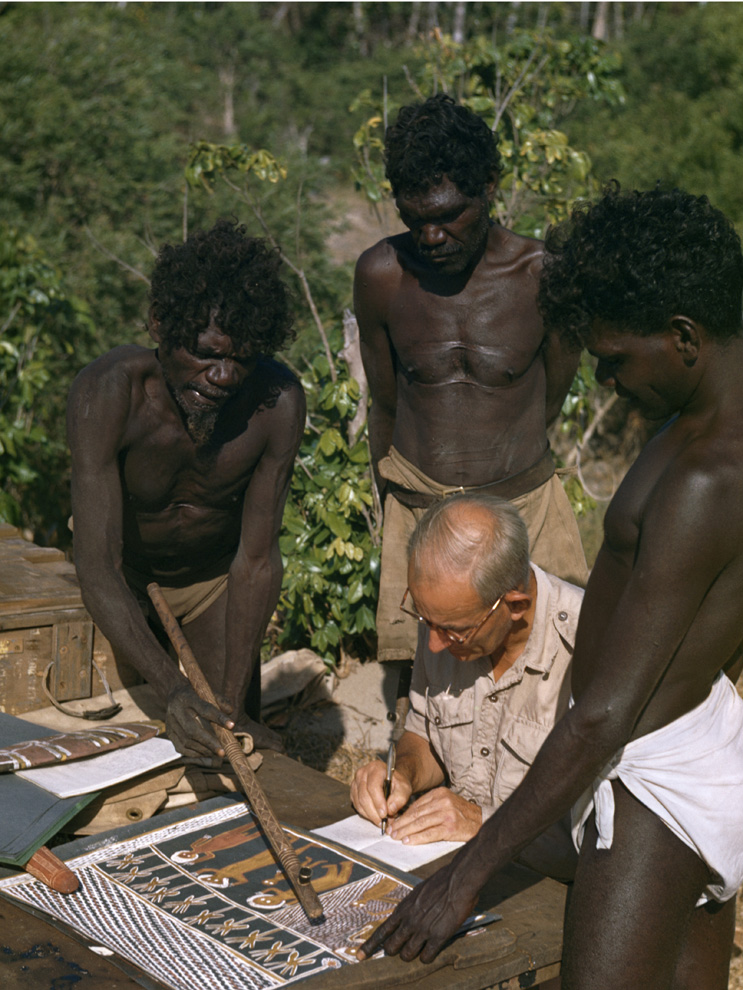The Role of Anthropology in Modern Society
Anthropology, the study of human societies, cultures, and their development, plays a crucial role in understanding and addressing contemporary societal challenges. This field provides insights into human behavior, social structures, and cultural practices, offering valuable perspectives that can inform public policy, community development, and global initiatives.

Understanding Human Behavior
Anthropologists study human behavior in various cultural contexts, revealing patterns and variations that can help explain why people act the way they do. This understanding is essential for developing effective policies and programs that cater to diverse populations. For instance, anthropological research on social norms and practices can guide public health campaigns, ensuring they are culturally sensitive and more likely to succeed.
Informing Public Policy
Anthropology’s holistic approach to studying societies makes it invaluable for informing public policy. By considering cultural, economic, and social factors, anthropologists can provide comprehensive analyses that help policymakers create inclusive and effective strategies. For example, anthropologists working with indigenous communities can offer insights into land management practices that respect traditional knowledge while promoting sustainable development.

Enhancing Community Development
Community development initiatives benefit significantly from anthropological insights. Anthropologists work closely with communities to understand their needs, aspirations, and challenges, ensuring that development projects are community-driven and culturally appropriate. This approach fosters greater community engagement and ownership, leading to more sustainable and impactful outcomes.
Promoting Cultural Sensitivity
In an increasingly globalized world, cultural sensitivity is more important than ever. Anthropology teaches us to appreciate and respect cultural diversity, promoting tolerance and understanding. This perspective is crucial in various fields, including education, healthcare, and business, where cultural competence can improve interactions and outcomes.

Addressing Global Challenges
Global challenges such as climate change, migration, and inequality require interdisciplinary approaches, and anthropology provides valuable contributions. Anthropologists study the impacts of these issues on different communities, offering insights into local responses and adaptation strategies. This knowledge is essential for developing global solutions that are equitable and effective.
Conclusion
Anthropology’s comprehensive understanding of human societies and cultures makes it a vital field for addressing modern societal challenges. By informing public policy, enhancing community development, and promoting cultural sensitivity, anthropology contributes significantly to creating a more inclusive and sustainable world.










